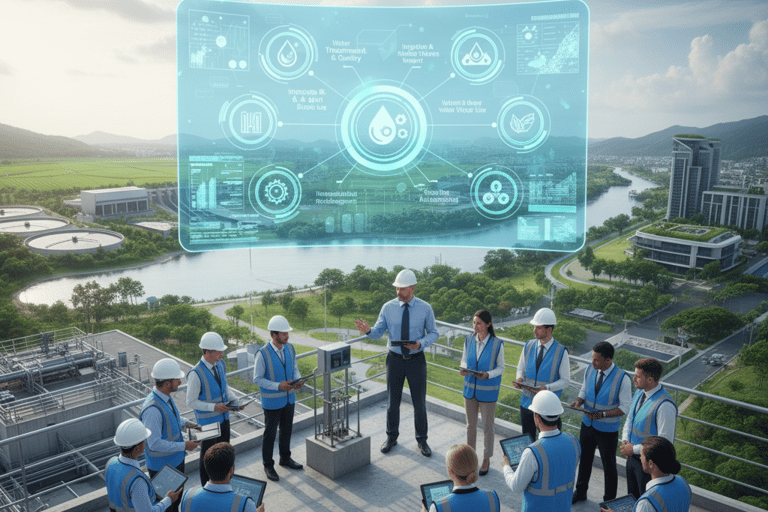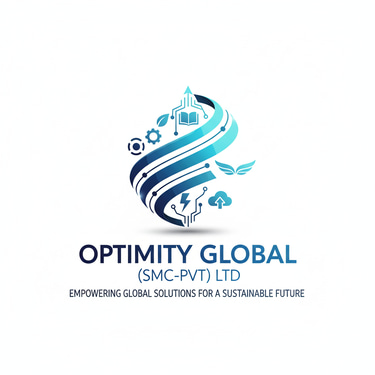Introduction to Water Resource Management
Principles of hydrology, water cycles, and resource classification
Global and regional water governance frameworks
Urban & Rural Water Supply Systems
Planning, design, and operation of water distribution networks
Community-based water access and infrastructure models
Water Quality Monitoring & Treatment
Sampling techniques, contamination analysis, and purification methods
Standards compliance (WHO, EPA, local regulations)
Integrated Water Resource Management (IWRM)
Cross-sector coordination, basin-level planning, and stakeholder engagement
Policy integration and sustainable usage strategies
Groundwater Management & Recharge Techniques
Aquifer mapping, extraction control, and recharge systems
GIS-based monitoring and conservation planning
Wastewater Treatment & Reuse
Industrial and domestic wastewater handling
Reuse strategies for agriculture, landscaping, and non-potable applications
Rainwater Harvesting & Storage Solutions
Design and implementation of rooftop and surface systems
Urban resilience and flood mitigation benefits
Water-Energy Nexus & Efficiency Planning
Energy-efficient pumping, desalination, and treatment technologies
Renewable integration and lifecycle cost analysis
Climate Change & Water Resilience
Impact modeling, drought/flood adaptation, and infrastructure planning
Risk mitigation and emergency preparedness
Water Policy, Regulation & Compliance
Legal frameworks, licensing, and institutional roles
Water rights, tariffs, and dispute resolution
GIS & Remote Sensing for Water Management
Mapping water bodies, infrastructure, and usage patterns
Decision support systems and predictive modeling
Community Engagement & Awareness Campaigns
Behavioral change strategies and water conservation education
Participatory planning and local stewardship


